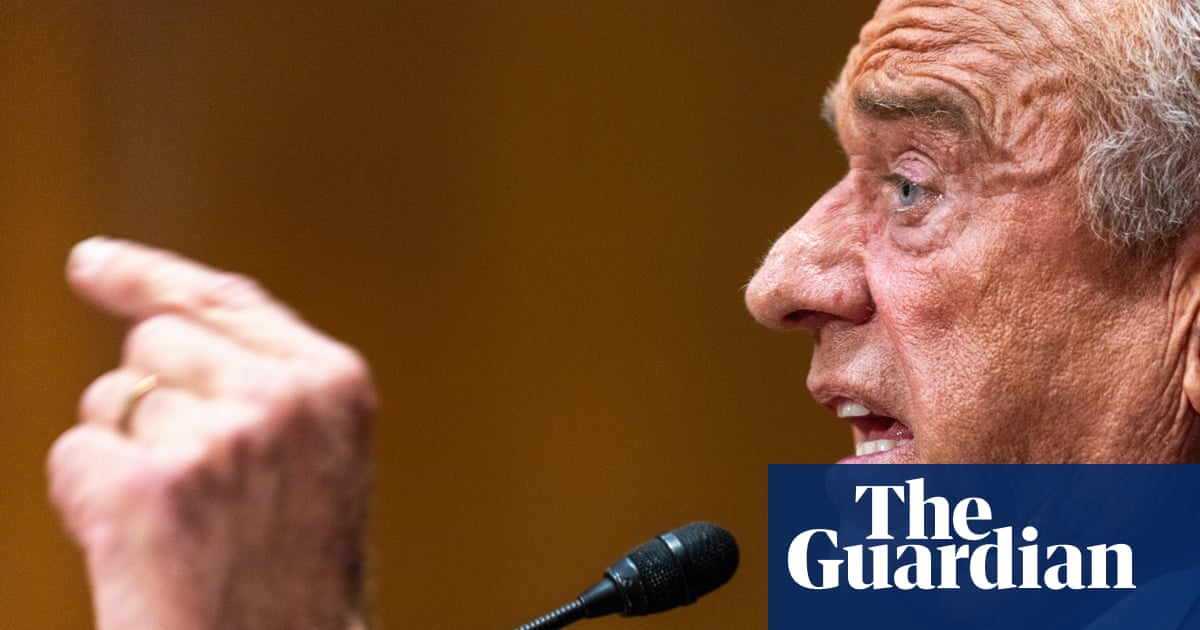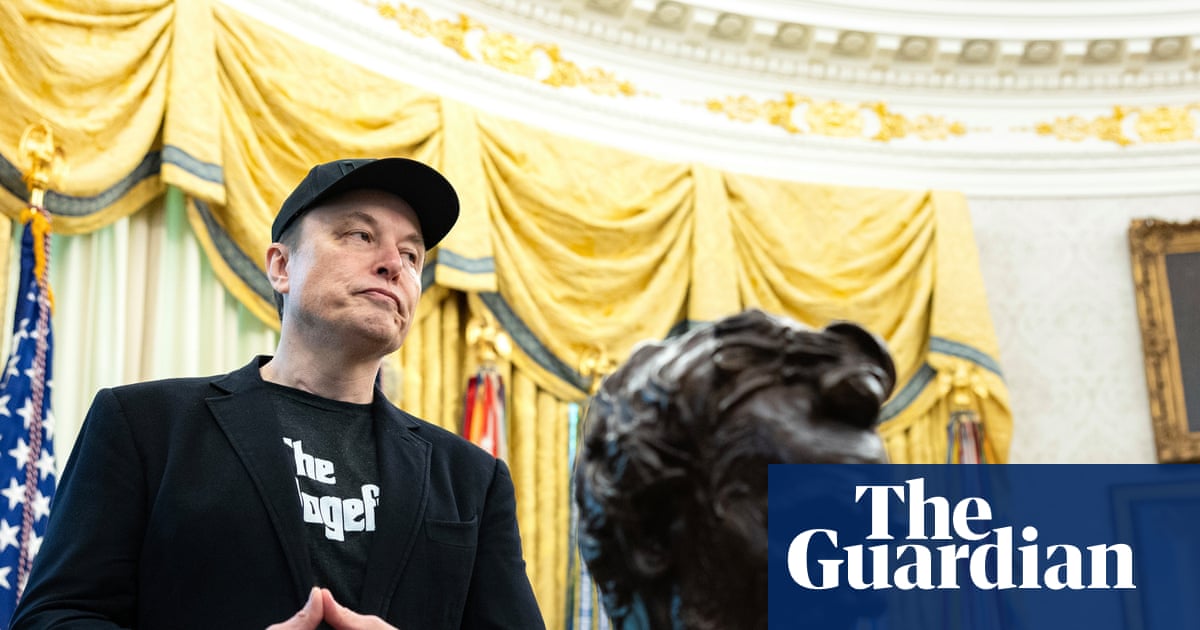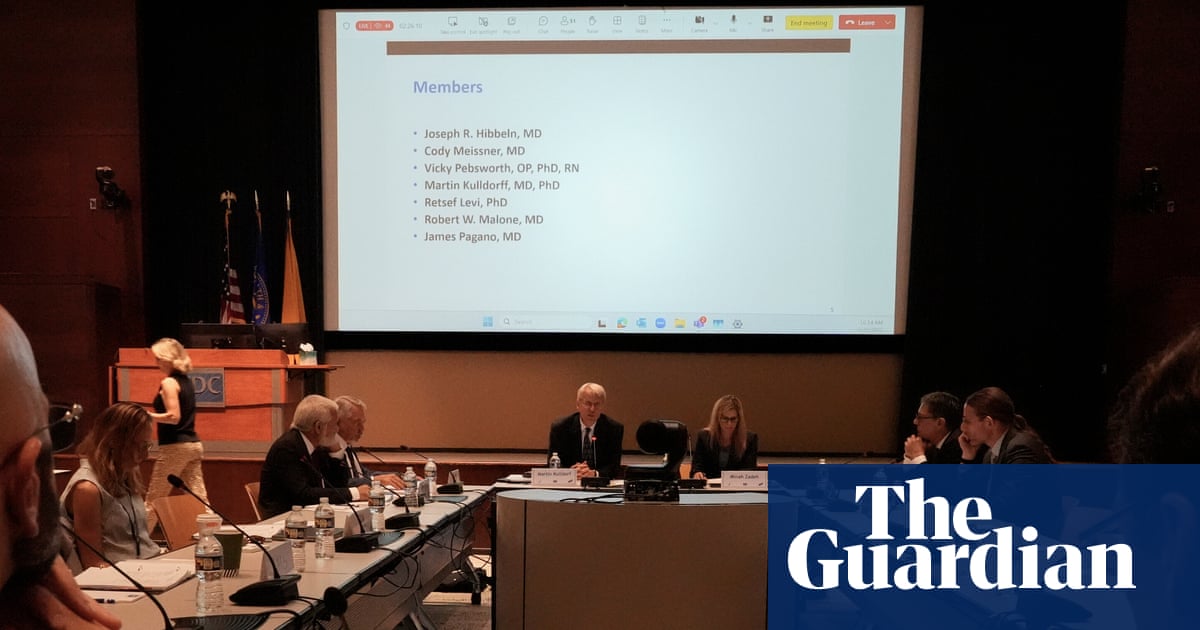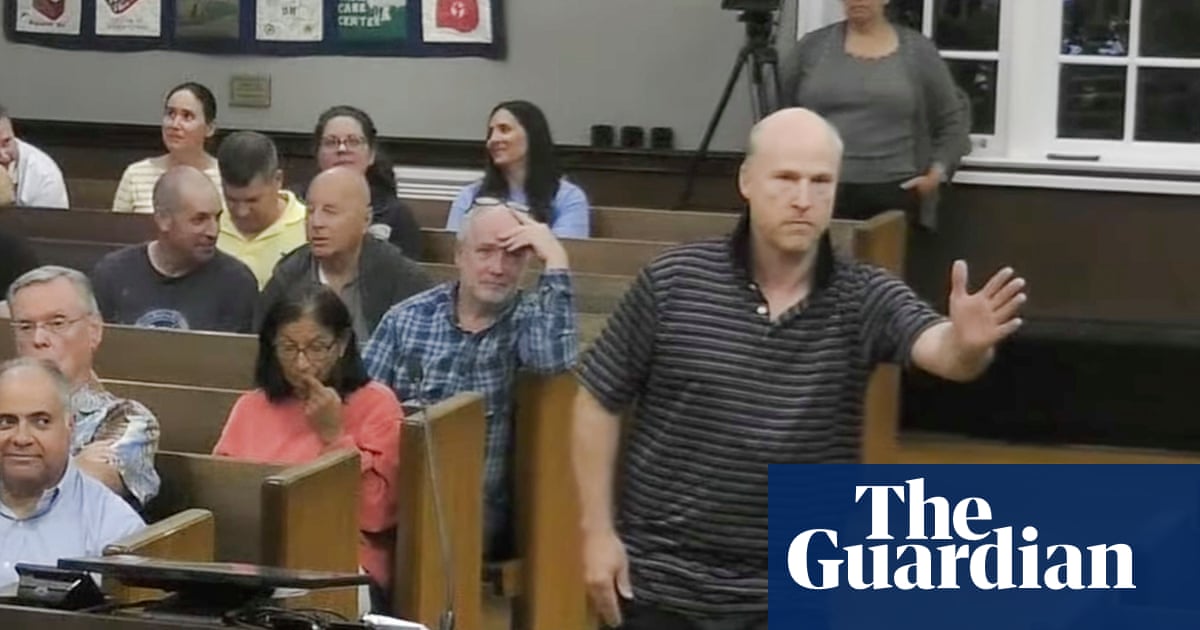The White House has a messaging hurdle with President Donald Trump’s “One Big Beautiful Bill” – and they’re looking for Congress to help clear it.
Senior administration officials, including Labor Secretary Lori Chavez-DeRemer, met Wednesday with lawmakers to make the case that they should be selling their constituents on the more popular elements of the bill and their impact on working families, including tax cuts.
“There's a lot of really good, popular stuff in there when you break down the bill individually,” said a person familiar with the thinking of senior White House officials granted anonymity to speak about strategy.
Republicans can only lose a handful of seats to retain control of the House and prevent Democrats from thwarting the president’s agenda in his final two years in office — which makes selling the megalaw a major priority for the White House.
Democrats were able to attack the “blob of the bill,” the person said, referring to the unpopular nature of the overall law. But, “now you're going to have the individual parts.”
White House aides, including press secretary Karoline Leavitt and deputy chief of staff James Blair, urged Republicans to underscore the law’s tax cuts such as those on tipped wages and an increase in the child tax credit.
The pair also warned them against shying away from Democrats’ attacks on Medicaid, according to a senior White House official granted anonymity to discuss private conversations.
“We encourage them to remain firm on messaging the fact that Medicaid spending is actually going to increase,” the same official said. “We did not cut Medicaid, as the Democrats are lying and saying we did.”
The Congressional Budget Office estimated that nearly 8 million fewer Americans will have access to Medicaid by 2034 because of the new law, including a work requirement that the GOP has long supported.
Leavitt and Blair also equipped lawmakers with a tangible midterm playbook closely following Trump’s 2024 strategy, according to the White House official. The key components: target low propensity voters and blitz the local media market.
Wednesday’s meeting, widely attended by House Republicans fresh off the August recess, included a polling presentation from Tony Fabrizio, Republican pollster and strategist, who guided members toward the economic components of the megalaw that White House aides believe polls better with constituents, according to the same White House official.
Two senior White House officials say Trump will hit the campaign trail to galvanize some of those atypical, unmotivated midterm voters but is unlikely to do so until 2026.
Republicans have their work cut out for them. A Pew poll conducted last month found that 46 percent of Americans disapprove of the law, while 32 percent approve. Another 23 percent said they’re unsure, perhaps providing an opening for Republicans – or Democrats – who are trying to brand the effort.
After months of pushing the legislation through Congress under Trump’s “One Big Beautiful Bill” label, the rebranding effort isn’t rolling off the tongue on Capitol Hill.
“Remember all the machinations getting to the conclusion of the – what are we calling it now? Working Families Tax Act something?,” Rep. Chip Roy (R-Texas) mused to reporters Thursday morning.
“It’s the Big, Beautiful Working Families Tax Act,” Rep. Andrew Clyde (R-Ga.) jumped in.
“Correct,” Roy laughed. “Exactly.”
Mia McCarthy contributed to this report.

 German (DE)
German (DE)  English (US)
English (US)  Spanish (ES)
Spanish (ES)  French (FR)
French (FR)  Hindi (IN)
Hindi (IN)  Italian (IT)
Italian (IT)  Russian (RU)
Russian (RU) 























Comments